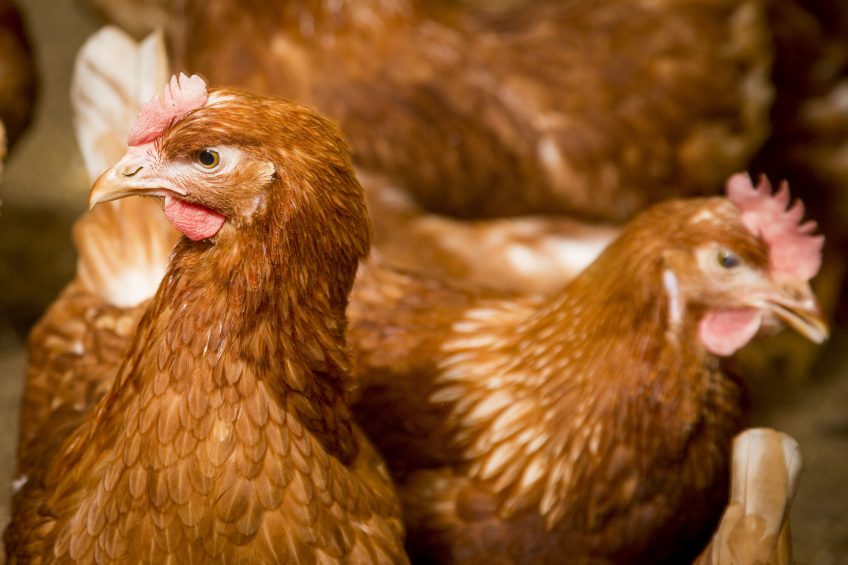Noble Foods to end colony egg farming

Noble Foods, the country’s largest egg business, has said it will only supply cage-free eggs by the year 2025.
In a short statement, the company announced it would move to cage free-production after “months” of planning. It is understood that Noble Foods keeps some 4.3 million birds in enriched colony systems.
Sustained campaigning by activists
The company has been subject to sustained campaigning to end its involvement in colony egg production for some time, including an occupation of its London headquarters by activists and undercover filming on its farms.
A latest example of covert filming, at a Dorset farm housing half a million laying hens, saw 2 sheds having their British Lion accreditation suspended. The footage purported to show no stock inspections in a part of the farm for 4 days.
75,000 people signed petition
In addition, more than 75,000 people have signed a petition calling for the company to end its involvement in colony egg production.
Activists such as those at charity the Humane League have sought to highlight that Noble Foods’ flagship brand, the Happy Egg co, has marketing that focuses on high-welfare and affording birds access to the outdoors. It considers this a stark contrast to birds in its caged systems.
Move from colony farming to battery cages
Colony egg units formally replaced conventional battery cages in 2012 as a higher welfare alternative. Where battery cages confined 6 hens together, colony farms group up to 80 birds in larger cages that provide enrichments such as nest boxes and scratch areas.
But in 2016 campaigners succeeded in convincing British supermarkets to move to cage-free eggs.
While most retailers agreed to stop selling colony eggs by 2025, there was less momentum in the food service and egg products sector because of their significantly lower cost of production when compared with free-range egg farming.
Noble Foods’ statement in full“Noble Foods has today announced a group-wide commitment to supplying cage-free eggs by 2025. This announcement comes as the culmination of months of planning to achieve the realities of moving to solely cage-free production. Noble has been working closely with its retail partners and the farming community to ensure a smooth transition.” |













